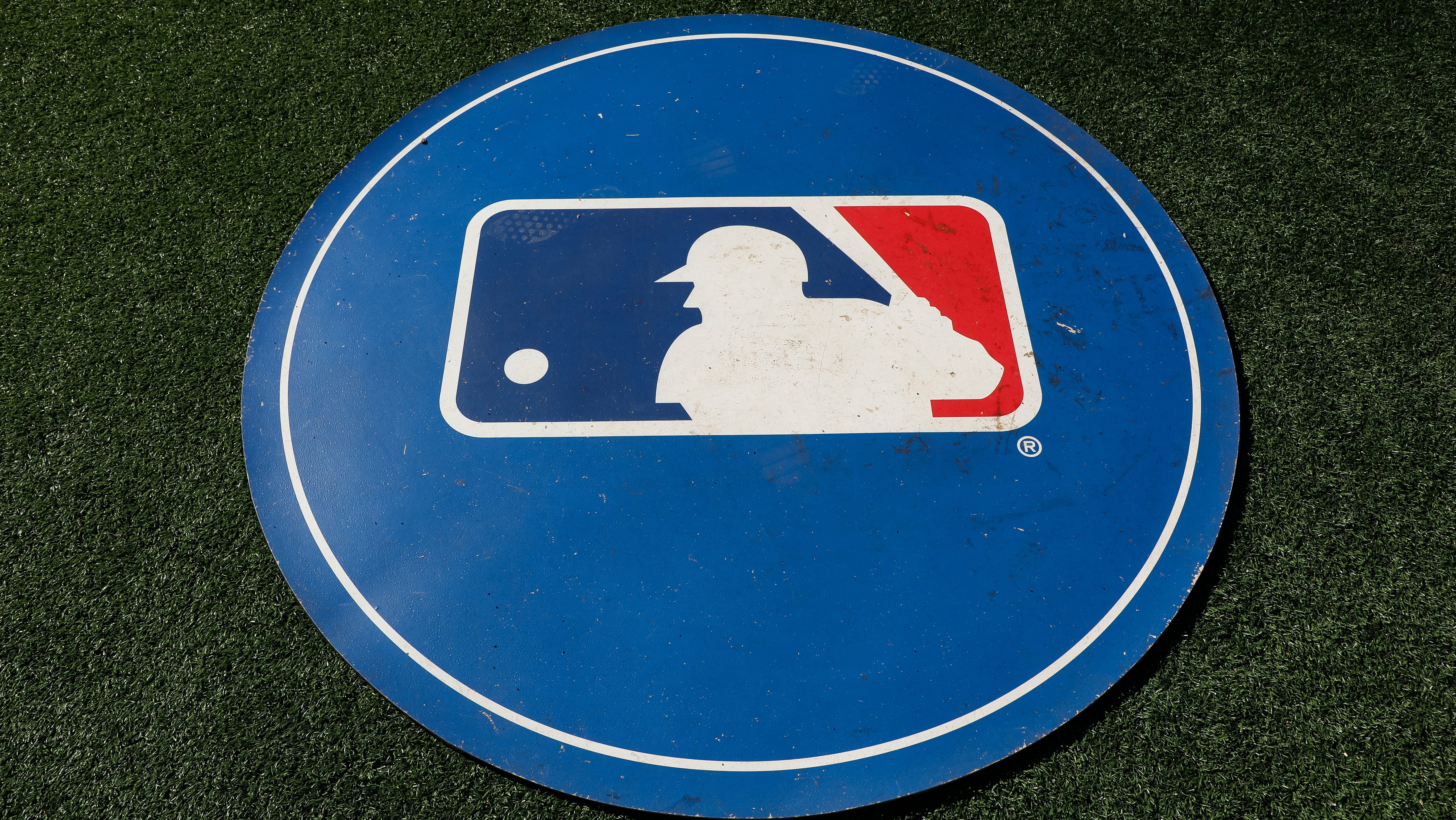
By beating Atlanta 4-2 Monday night, the Phillies became the first National League team since the 2005 Cardinals to win 100 regular season games. St. Louis went 100-62 that year but fell in the NLCS to the Astroswho had eleven fewer wins -- in six games.
In fact, if you look at all of the 100-game winners during the Wildcard era, you see that regular season success doesnt always indicate playoff success. It rarely does.
Of the 20 teams to win 100 games since 1995, only two have won the World Series: the 2009 Yankees (103-59, beat the Phillies in six games) and the 1998 Yankees (114-48, swept the Padres).
Four 100-win teams lost a World Series: the 04 Cardinals, 03 Yankees, 99 Braves and 95 Indians. Each of these led Major League Baseball in wins, each of them fell just short.
Seven teams lost in the Championship round. The Braves did it twice; the Cardinals, Yankees, Mariners, Athletics and Astros once. These teams averaged 104 wins in the regular season but didnt have enough left in the tank to make the World Series.
The final seven teams all failed to get out of the Divisional Series. They averaged 101 wins but excellent regular seasons ended one week into October. Even after six months of dominance, it is hard to label seasons like these anything but a disappointment.
Historically, the odds of the Phillies completing the mission and winning a World Series do not appear to be in their favor. Only ten percent of 100-game winners in the last sixteen years have done so, and they were both the Yankees. One of those Yankees teams won an unbelievable 114 games, the other spent 208 million in payroll.
MLB
That isnt to say the Phillies can't do it. All of these teams are different. Some were true-talent 100-win teams like the Phillies, while others lucked a bit into reaching the century mark. The 2008 Angels (whom I bet you didnt remember led baseball in wins the year the Phillies won the World Series) went 100-62 despite having an Expected W-L record of 88-74. Expected W-L takes run differential into account as a better barometer of team talent. The 2011 Phillies, at 100-60 and with a massive run differential of 177, have actually been expected to win one more game.
Will it translate to October success? On the surface it seems like it should, but recent history says otherwise. Just keep in mind as the playoffs progress that if the Phillies do fall short, they would be far from the first team to do so.
For more statistical musings from Corey Seidman, visit Brotherly Glove and Phillies Nation.


